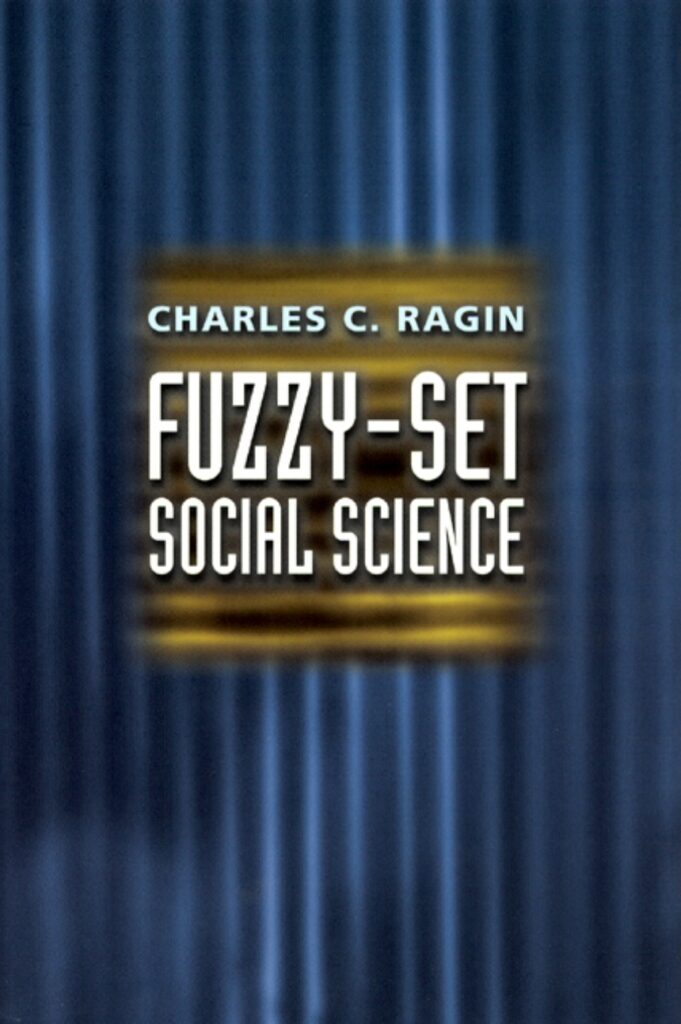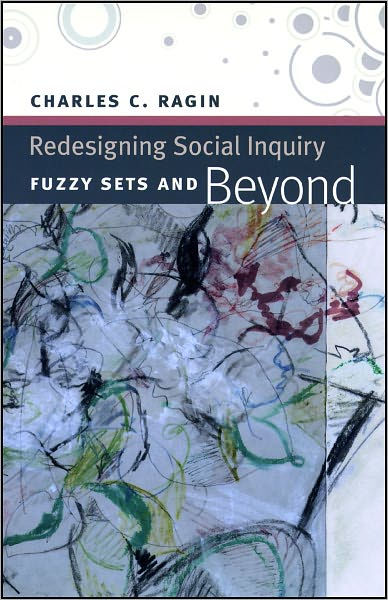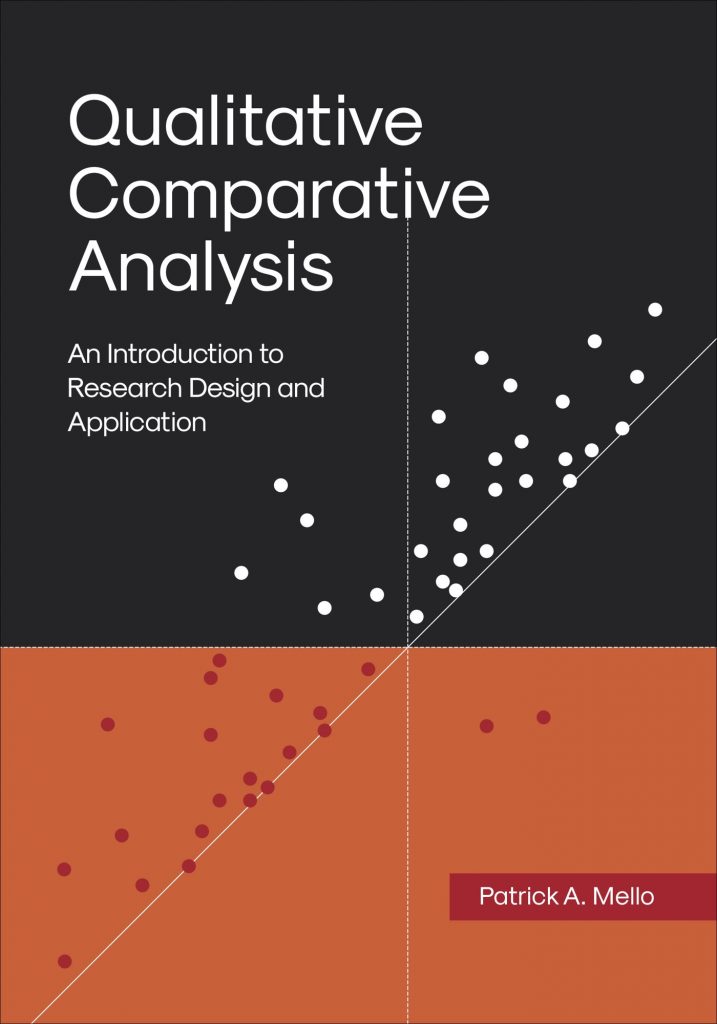
Qualitative Comparative Analysis: An Introduction to Research Design and Application is a comprehensive guide to QCA. As QCA becomes increasingly popular across the social sciences, this textbook teaches students, scholars, and self-learners the fundamentals of the method, research design, interpretation of results, and how best to communicate findings.
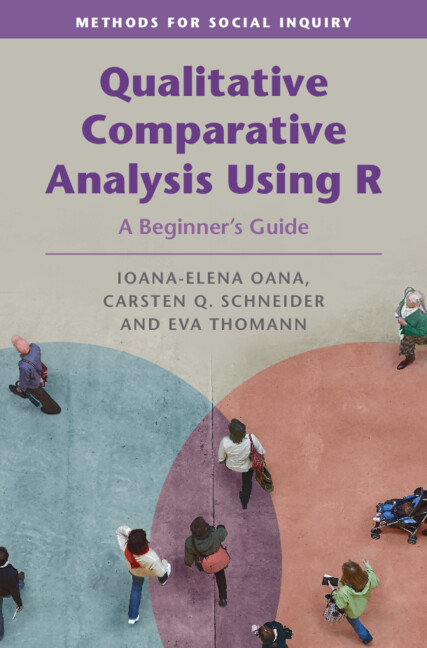
Qualitative Comparative Analysis Using R serves as a comprehensive introduction and teaching resource for state-of-the-art Qualitative Comparative Analysis (QCA) using R software. This guide facilitates the efficient teaching, independent learning, and use of QCA with the best available software, reducing the time and effort required when encountering not just the logic of a new method, but also new software. With its applied and practical focus, the book offers a genuinely simple and intuitive resource for implementing the most complete protocol of QCA. To make the lives of students, teachers, researchers, and practitioners as easy as possible, the book includes learning goals, core points, empirical examples, and tips for good practices. The freely available online material provides a rich body of additional resources to aid users in their learning process. Beyond performing core analyses with the R package QCA, the book also facilitates a close integration with the R package Set Methods allowing for a host of additional protocols for building a more solid and well-rounded QCA.
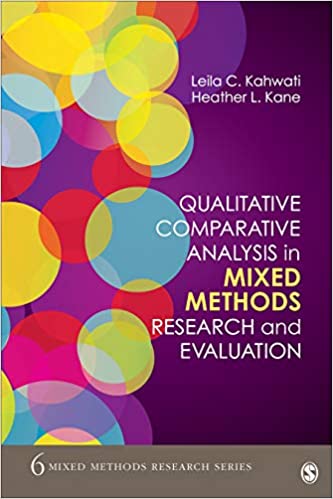
Qualitative Comparative Analysis in Mixed Methods Research and Evaluation provides a user-friendly introduction for using Qualitative Comparative Analysis (QCA) as part of a mixed methods approach to research and evaluation. Offering practical, in-depth, and applied guidance for this unique analytic technique that is not provided in any current mixed methods textbook, the chapters of this guide skillfully build upon one another to walk researchers through the steps of QCA in logical order. To enhance and further reinforce learning, authors Leila C. Kahwati and Heather L. Kane provide supportive learning objectives, summaries, and exercises, as well as author-created datasets for use in R via the companion site.
The Foundational Texts
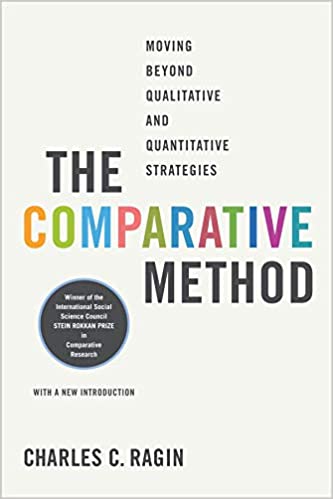
The Comparative Method, written by Charles C. Ragin in 1987, proposes a synthetic strategy, based on an application of Boolean algebra, that combines the strengths of both qualitative and quantitative sociology. Regarded by many to be a foundational book in the world of QCA, The Comparative Method is considered to be essential reading for students of QCA, both new and experienced.
“Ragin has, thus, laid the foundation for a qualitative comparative method. His book will prove to be essential reading for comparative historians, for qualitatively oriented social scientists and for anybody who cares about the balanced development of social sciences.” (Abell, 1989)
Fuzzy-Set Social Science, once again by Charles C. Ragin, explores the use of fuzzy sets to bridge the divide between quantitative and qualitative methods. Ragin argues that fuzzy sets allow a far richer dialogue between ideas and evidence in social research than previously possible. They let quantitative researchers abandon “homogenizing assumptions” about cases and causes, they extend diversity-oriented research strategies, and they provide a powerful connection between theory and data analysis.
Redesigning Social Inquiry provides a substantive critique of the standard approach to social research—namely, assessing the relative importance of causal variables drawn from competing theories. Instead, Ragin proposes the use of set-theoretic methods to find a middle path between quantitative and qualitative research. Through a series of contrasts between fuzzy-set analysis and conventional quantitative research, Ragin demonstrates the capacity for set-theoretic methods to strengthen connections between qualitative researchers’ deep knowledge of their cases and quantitative researchers’ elaboration of cross-case patterns. Packed with useful examples, Redesigning Social Inquiry will be indispensable to experienced professionals and to budding scholars about to embark on their first project.
Best Practices
Select papers and resources that are useful for both new and existing users:
- Rutten, Roel and Claude Rubinson (2022) “A Vocabulary for QCA”
- Rubinson, Claude, Lasse Gerrits, Roel Rutten and Thomas Greckhamer (2019) “Avoiding Common Errors in QCA: A Short Guide for New Practititioners”
- Rubinson, Claude (2019) “Presenting Qualitative Comparative Analysis: Notation, Tabular Layout, and Visualization”
- Greckhamer, Thomas, Santi Furnari, Peer C. Fiss and Ruth V. Aguilera (2018) “Studying Configurations with Qualitative Comparative Analysis: Best Practices in Strategy and Organization Research”
- Schneider, Carsten Q. and Claudius Wagemann (2010) “Standards of Good Practices in Qualitative Comparative Analysis (QCA) and Fuzzy-Sets.”
- Rohlfing, Ingo, Lea Königshofen, Susanne Krenzer, Jan Schwalbach and Ayjeren Bekmuratovna R. (2020) “A Reproduction Analysis of QCA Articles” (The appendix of this piece includes a very useful checklist to ensure the transparency and reproducibility of your QCA analysis. Reproduction Checklist | Local Mirror)

